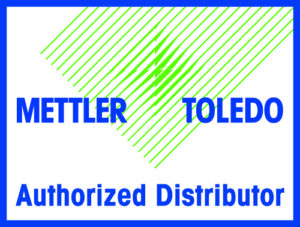Metrology Glossary: Air Sampler
What Is An Air Sampler?
An air sampler is a device or equipment designed to gather a precise volume of air within a designated time frame, serving to assess the quality of air in a controlled setting. It is used to gauge both particulate matter and microbial content, this device aids in quantifying the presence of contaminants, allergens, or pathogens present in the air. By capturing a representative sample, air samplers contribute crucial data for evaluating indoor air quality, facilitating informed decisions for many settings.
What Are Air Samplers Used For?
Air samplers serve diverse applications, with a primary role in environmental monitoring by assessing air pollution levels and evaluating the impact of industrial activities on air quality. They pinpoint and track sources of pollution, contributing essential data to inform environmental regulations. In healthcare settings, air samplers play a crucial role in maintaining air quality within patient rooms and operating theaters, minimizing infection transmission risks and ensuring a safe environment for both patients and healthcare workers. Additionally, these instruments are integral to scientific research initiatives, aiding in the study of air pollution’s effects on human health and the development of advanced air quality monitoring methods. Overall, air samplers play a vital role in enhancing our understanding of the complex interplay between air quality and human health across various settings.






